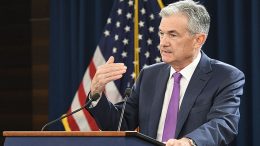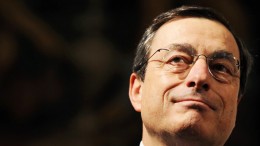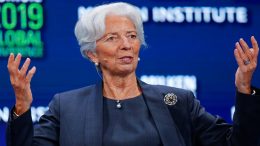Jerome Powell’s Penelope tactics
J. P. Marín-Arrese | Once again, Jerome Powell played down the need for monetary easing in the press conference following the Fed’s rate cut decision. His unconvincing delivery led Mr Trump to heap scorn on his uninspiring performance. For once, his bitter recriminations were fully justified.










